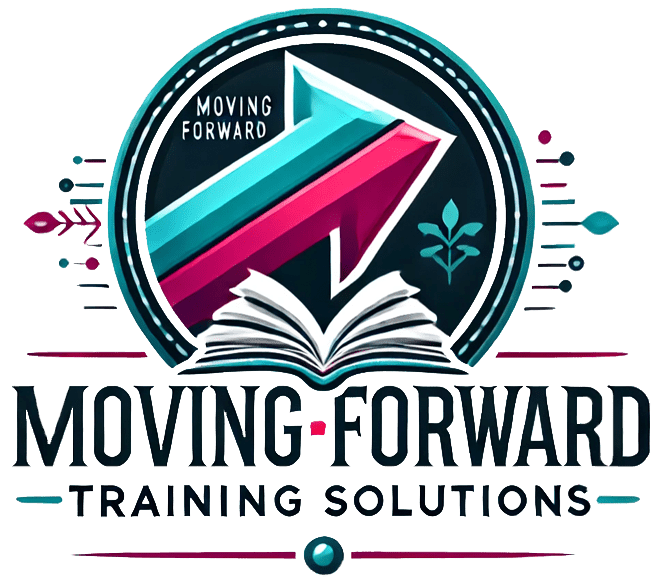
Best Practices in Early Childhood Curriculum Development

Posted on February 17, 2025
Quality early childhood education sets the foundation for lifelong success. A well-designed curriculum isn’t just about lesson plans—it’s about creating engaging, developmentally appropriate experiences that nurture young minds and build essential skills. Below are some of the best practices based on research and expert recommendations to ensure impactful, high-quality early childhood education programs.
1. Align Curriculum with Developmental Milestones
A strong curriculum supports children's natural growth and learning progression. According to the National Association for the Education of Young Children (NAEYC), early learning should focus on key developmental areas—language, motor skills, social interaction, and problem-solving. A structured yet flexible curriculum allows teachers to adapt to individual needs while maintaining high-quality learning experiences.
Best Practice: Start with a well-researched framework that supports developmental growth, but leave room for creativity and individualized learning opportunities.
2. Incorporate Play-Based Learning
Play is a child’s natural way of learning, and research backs up its effectiveness. The American Academy of Pediatrics (AAP) states that play-based learning fosters cognitive, social, and language skills while keeping children engaged and excited about their education. Whether it’s imaginative role-play, hands-on discovery, or guided exploration, play-based activities help children build problem-solving skills, independence, and confidence.
Best Practice: Balance structured activities with free play. Create a classroom environment that encourages exploration, curiosity, and creativity.
3. Foster Social-Emotional Development
Strong social-emotional skills are critical for future success. Teaching children how to manage emotions, interact positively with peers, and develop empathy sets the stage for better relationships and learning outcomes. Research from the Collaborative for Academic, Social, and Emotional Learning (CASEL) shows that integrating social-emotional learning (SEL) into daily lessons enhances both academic performance and emotional well-being.
Best Practice: Incorporate morning meetings, collaborative storytelling, and interactive group activities to help children express emotions, practice self-regulation, and build meaningful connections.
4. Differentiate Instruction for Diverse Learners
Every child is unique, and effective curriculum design recognizes this. Differentiated instruction allows teachers to meet students where they are, ensuring that every child can engage meaningfully with the content. Studies from the U.S. Department of Education highlight the importance of multi-sensory teaching methods—such as hands-on activities, movement, and music—to support diverse learning styles, including English Language Learners (ELLs) and children with special needs.
Best Practice: Use flexible grouping strategies and individualized learning plans to ensure that all students receive the support and challenges they need.
5. Engage Families in Learning
Parents and caregivers are a child’s first teachers, and their involvement in the learning process is crucial. Research from Harvard’s Center on the Developing Child shows that strong home-school connections enhance learning outcomes and help reinforce classroom experiences at home. Schools and early childhood centers should actively engage families by providing resources, communication channels, and opportunities for collaboration.
Best Practice: Implement family workshops, digital communication tools, and take-home activities to strengthen parent involvement and bridge the gap between school and home.
Final Thoughts
Developing an effective early childhood curriculum is about more than just academics—it’s about creating meaningful experiences that shape confident, curious, and capable learners. By aligning learning with developmental milestones, integrating play, fostering social-emotional skills, differentiating instruction, and engaging families, educators can set children up for long-term success.
Quality curriculum development isn’t just about education—it’s about shaping the future of young learners based on research and best practices.
Get in Touch With Us Today!
We’re here to help you transform your team’s skills and efficiency. Reach out to discuss how our tailored training solutions can make a lasting impact on your organization. Fill out the form below, and let’s start the conversation!
